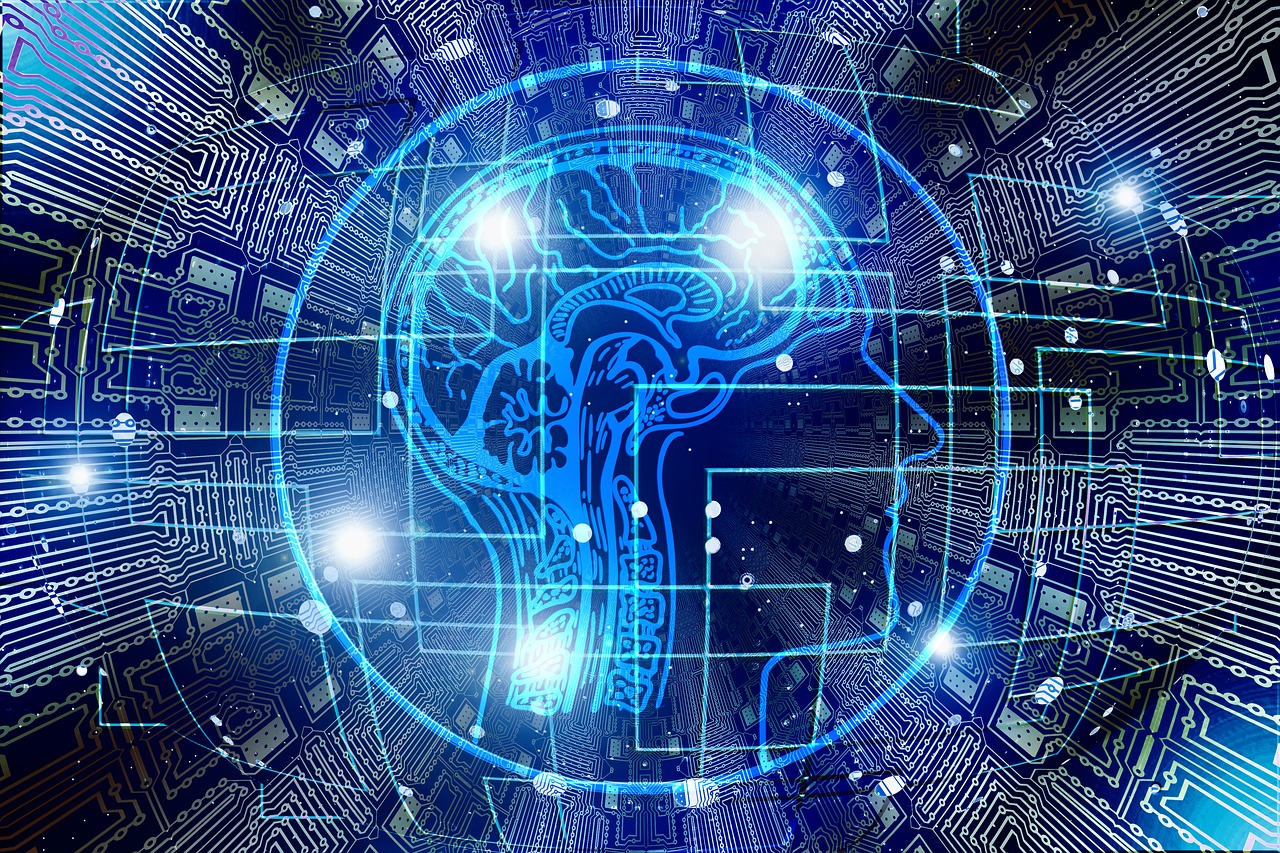We all learn through experience, that is, by taking corrective behaviors from our mistakes. This emerging technology is based on this very mechanism and aims to replicate the reasoning system of human intelligence.
Create systems, machines, technologies that can think and act practically like a human mind?
Until a few decades ago it seemed almost impossible, but today the new frontiers of artificial intelligence in industry could lead to new solutions with positive benefits in our lives, as moreover we have also seen with other emerging technologies (5G and blockchain).
WHAT IS ARTIFICIAL INTELLIGENCE
Artificial intelligence is a discipline in computer science that studies theories, methodologies, and techniques with the goal of designing software and hardware systems that provide computers with performance that at first glance would seem to be the exclusive domain of human intelligence.
The underlying concept is simple because it is exactly that of human intelligence. We all learn through experience, that is, repeating the action numerous times even making mistakes and taking on, from the mistakes, those corrective behaviors that can improve us in the future.
In artificial intelligence, an attempt is made to reproduce this very mechanism only, unlike our mind, there are some algorithms. These can repeat the action multiple times acquiring new data and information during each action.
The system that trains artificial intelligence to perform this task by improving learning capabilities is machine learning. If then this algorithm brings artificial intelligence to mimic the human mind, then we are talking about deep learning.
THE APPLICATIONS OF ARTIFICIAL INTELLIGENCE
The solutions to which artificial intelligence can be applied in industry and process automation are numerous.
Interesting in this regard is research by the Politecnico di Milano, which analyzed more than 700 companies and mapped more than 450 cases of artificial intelligence, identifying specific application areas:
- Self-driving vehicles;
- Robots capable of moving, manipulating objects and performing actions without human intervention;
- Objects capable of performing actions and making decisions without human intervention;
- Virtual assistants and chatbots that understand tone and context of a dialogue, storing and reusing the information gathered;
- Solutions to guide user preferences, interests, and decisions based on information provided by the user;
- Systems that analyze images and videos for recognition of subjects in them;
- Systems that process languages for autonomous text processing, comprehension, translation, and production;
- Solutions that analyze artificial intelligence algorithms to extract information.
It is easy to see how the potential of artificial intelligence in industry is enormous and constantly developing: machinery and processes will be increasingly collaborative and able to learn autonomously while also fostering the emergence of new business models.
FUTURE PROSPECTS
At this point the question arises: what lies ahead for us in the future as far as artificial intelligence is concerned?
This year, it has been estimated that total spending on artificial intelligence will increase by 44 percent to nearly $36 billion, which may rise to $79 billion within three years.
The real challenge is between the U.S. and China where applications are becoming more widespread, both in the public and private sectors.
What about in Europe? Here the focus is on cooperation between countries with targeted government intervention and industry support with investment and a discussion to establish safeguard rules.
